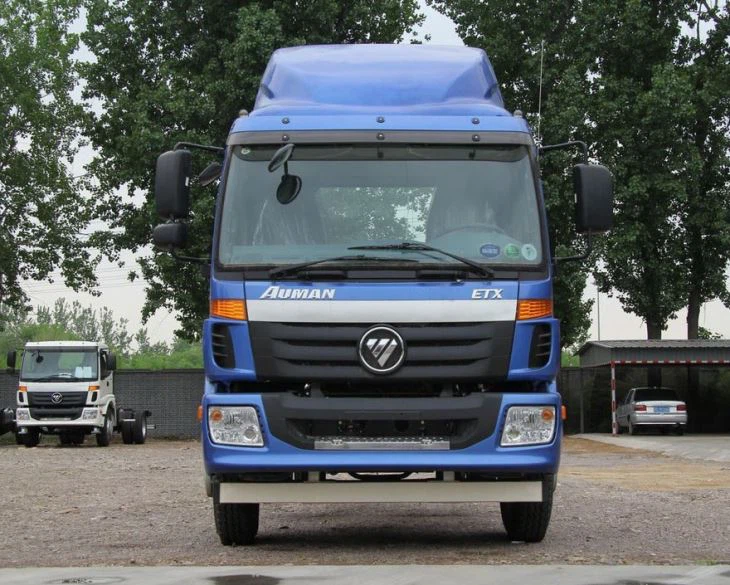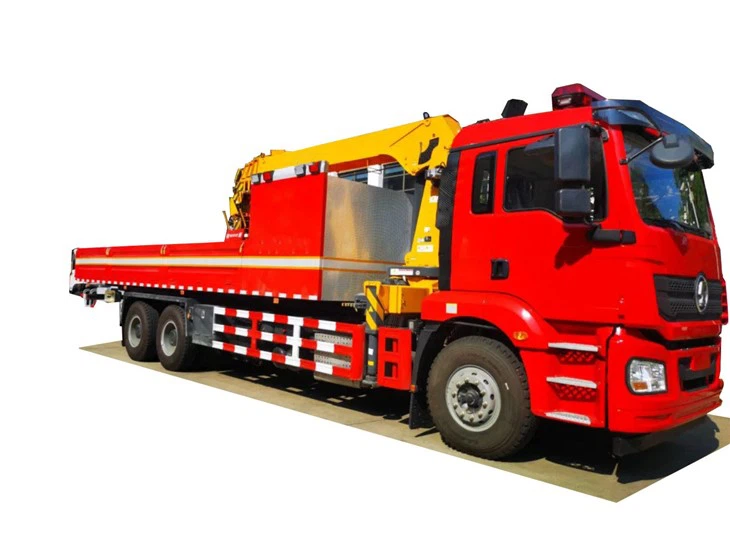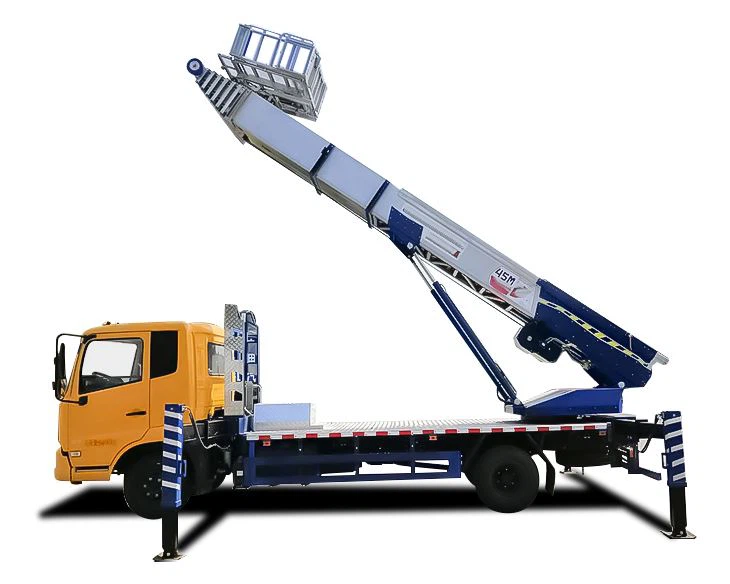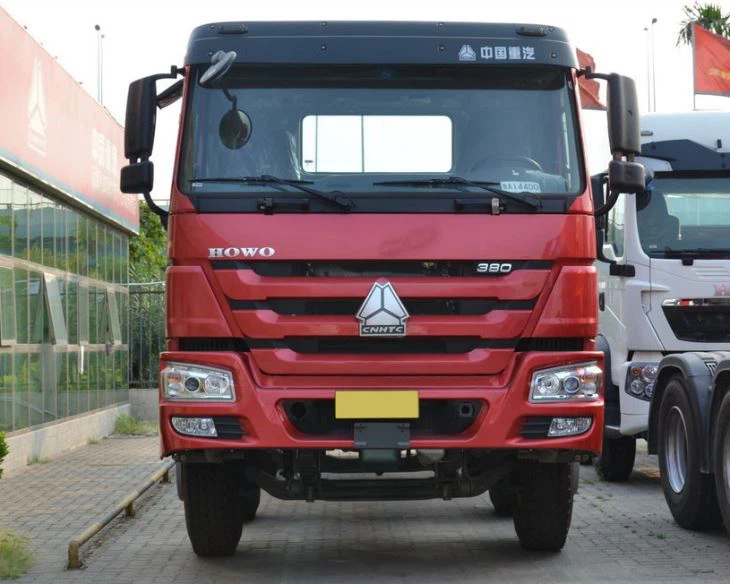Introduction
The 2017 Peterbilt 567 is a versatile and powerful truck that has become a popular choice among truck drivers and fleet managers alike. Known for its robust build, advanced technology, and superior comfort, the Peterbilt 567 is designed to tackle a variety of hauling tasks, whether for long-haul transport or local deliveries. Understanding its specifications, features, and maintenance requirements can help you make an informed decision if you’re considering this vehicle for your fleet or personal use. This guide explores everything you need to know about the 2017 Peterbilt 567, from its engine options to its interior specifications and practical uses.
Key Specifications of the 2017 Peterbilt 567
Engine Options
The 2017 Peterbilt 567 offers several engine options, providing flexibility to meet various power requirements. Let’s look at the main engine choices:
| Engine Model | Horsepower | Torque (lb-ft) | Fuel Type |
|---|---|---|---|
| Cummins ISX12 | 380 – 500 | 1,450 – 1,850 | Diesel |
| Paccar MX-13 | 500 – 565 | 1,850 – 1,900 | Diesel |
Transmission Options
The transmission is one of the crucial components that affect the performance and efficiency of any truck. The 2017 Peterbilt 567 offers several transmission options:
- 7-speed manual transmission
- 12-speed automated manual transmission (AMT)
- 18-speed manual transmission
Dimensions and Weight
Understanding the dimensions and weight of the Peterbilt 567 is essential for ensuring it fits your hauling needs:
| Dimension | Measurement |
|---|---|
| Overall Length | Approx. 19-25 ft |
| Width | 96 inches |
| Height | Approx. 8-13 ft |
| Gross Vehicle Weight Rating (GVWR) | Up to 80,000 lbs |
Performance and Handling
Road Performance
The performance of the 2017 Peterbilt 567 on the road is exceptional due to its powerful engine options and advanced aerodynamics. It has made significant strides in fuel efficiency while maintaining a strong towing capacity. Here are some key performance metrics:
- Maximum towing capacity: Up to 50,000 lbs
- Fuel efficiency: Ranges around 6-9 miles per gallon, depending on load and driving conditions
Handling and Comfort
The 2017 Peterbilt 567 features a spacious cab designed with driver comfort in mind. Its ergonomic layout ensures easy access to controls, enhancing the driving experience. Key features include:
- Air ride suspension for a smoother ride
- Adjustable seats with multiple configurations
- Ample storage compartments
Interior Features and Comfort
Cockpit Comfort
The interior of the 2017 Peterbilt 567 is engineered for long-haul comfort. Important design elements include:

- Operator-friendly dashboard with easy-to-read gauges
- Advanced infotainment system with Bluetooth connectivity
- Refrigerator and microwave options for extended trips
Safety Features
Safety is paramount in the trucking industry, and the 2017 Peterbilt 567 does not compromise in this area. Some notable safety features include:
- Advanced braking systems
- Lane departure warning system
- Stability and traction control
Common Applications of the 2017 Peterbilt 567
Construction and Heavy Hauling
With its powerful engine and robust build, the 2017 Peterbilt 567 is commonly used in the construction industry. It can effectively haul heavy materials and equipment, making it a vital asset on construction sites.
Long-Haul Transport
The spacious cab and comfortable features make the Peterbilt 567 ideal for long-distance hauling. Many trucking companies have chosen it for cross-country transport due to its reliability and driver-centric design.
Local Delivery
While it’s capable of handling heavy loads, the 2017 Peterbilt 567 is also efficient for local deliveries. Its agility and smooth handling make navigating urban environments easier.
Maintenance and Care for the 2017 Peterbilt 567
Regular Maintenance Schedule
To ensure the longevity and performance of your 2017 Peterbilt 567, regular maintenance is crucial. Here’s a general maintenance schedule:
- Oil changes every 15,000 miles or as needed
- Inspect and replace air filters every 30,000 miles
- Brake inspections every 50,000 miles
Best Practices for Truck Care
Implementing the following best practices will help maintain your Peterbilt’s condition:
- Keep your truck clean, especially after bad weather
- Check tire pressure weekly
- Monitor fluid levels regularly
Customization Options for the 2017 Peterbilt 567
Exterior Customization
The exterior of the Peterbilt 567 can be customized in various ways to reflect your personal style or business branding. Options include:

- Special paint jobs
- Custom logos and decals
- Aftermarket accessory installations
Interior Upgrades
Upgrading the interior can enhance comfort and functionality. Consider the following options:
- Upgraded seating materials and designs
- Advanced audio systems
- Enhanced lighting packages
Comparative Analysis: Peterbilt 567 vs. Competitors
Peterbilt 567 vs. Kenworth W900
The Kenworth W900 is a direct competitor to the Peterbilt 567. Here’s a comparison:
| Feature | Peterbilt 567 | Kenworth W900 |
|---|---|---|
| Cab Style | Flat-roof or raised roof | Long-nose design |
| Engine Options | Cummins and Paccar | Cummins and Paccar |
| Fuel Efficiency | 6-9 MPG | 6-8 MPG |
Peterbilt 567 vs. Freightliner Cascadia
Let’s look at how the Peterbilt 567 stacks up against the Freightliner Cascadia:
| Feature | Peterbilt 567 | Freightliner Cascadia |
|---|---|---|
| Interior Comfort | High-end features | Functional but less luxurious |
| Customization | Extensive options | Moderate options |
| Fuel Efficiency | 6-9 MPG | 7-10 MPG |
FAQs About the 2017 Peterbilt 567
1. What is the load capacity of the 2017 Peterbilt 567?
The 2017 Peterbilt 567 can handle a maximum load capacity of up to 50,000 lbs, depending on configuration and axle setup.
2. Are there financing options available for the 2017 Peterbilt 567?
Yes, many dealers offer financing options for purchasing a Peterbilt 567, including loans, leases, and custom financing plans.
3. How does the fuel efficiency of the 2017 Peterbilt 567 compare to other models?
The fuel efficiency typically ranges from 6 to 9 miles per gallon, which is competitive within its class but can vary based on load and driving conditions.
4. What warranties are offered for the 2017 Peterbilt 567?
The 2017 Peterbilt 567 generally comes with a standard manufacturer warranty covering major components such as the engine and transmission for a specified period or mileage.

5. Can I customize the interior of the 2017 Peterbilt 567?
Yes, the interior of the Peterbilt 567 can be customized with various accessories and upgrades, improving comfort and functionality for the driver.
6. Is the 2017 Peterbilt 567 suitable for urban driving?
While designed primarily for heavy hauling and long-haul driving, the 2017 Peterbilt 567 is also suitable for urban driving due to its maneuverability and agility.





